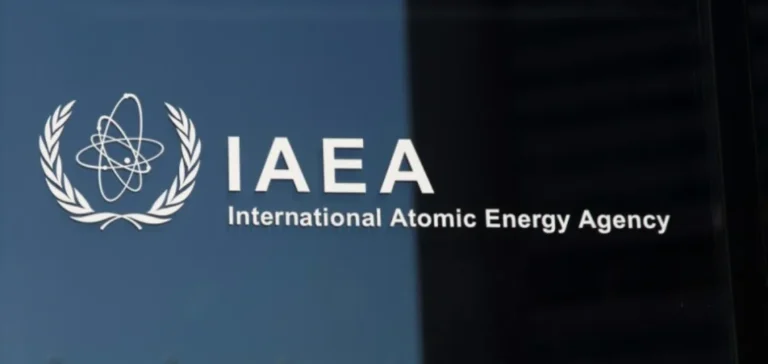The International Atomic Energy Agency (IAEA) recently highlighted growing difficulties in accurately tracking highly enriched uranium (HEU) stocks in Iran due to the forced interruption of inspections since mid-June. According to Rafael Grossi, Director General of the IAEA, significant damage has occurred to Iranian nuclear facilities, notably at Fordow, Natanz, and Esfahan, following recent attacks, severely complicating the agency’s verification and monitoring efforts. Uranium enriched to 60%, previously estimated at more than 400 kilograms, currently lacks precise localization since Iran announced relocating these stocks for protection purposes. The situation is particularly concerning to the IAEA, as this enrichment level closely approaches thresholds potentially enabling nuclear weapon development.
Critical Damage at Multiple Sites
Recent strikes have severely impacted operational capabilities at major Iranian sites. The underground Fordow facility has suffered significant damage, particularly due to vibrations from explosions, leaving persistent uncertainty regarding the actual condition of deeply-installed centrifuges. At Natanz, above-ground installations were destroyed, also affecting electrical systems and generators crucial for operating underground centrifuges. The IAEA has identified signs of minor chemical and radiological contamination onsite. Similarly, the Esfahan complex, a key fuel fabrication center, also exhibits notable damage at tunnel entrances used for storage.
Prolonged Absence of Inspections
Since mid-June, the IAEA has had no access to Iranian nuclear sites, preventing critical verification of the status and location of sensitive nuclear materials. Grossi emphasizes the urgency of reinstating inspections to ensure the security and precise monitoring of existing enriched uranium stocks. The agency is urging Iranian authorities to quickly provide accurate and transparent information regarding measures taken to secure and potentially relocate these sensitive materials following the attacks.
Major Economic and Political Stakes
This situation arises amid a delicate international context, where concerns over potential nuclear proliferation directly influence economic and diplomatic relations with Iran. The lack of control over these sensitive nuclear materials could directly impact trade and diplomatic negotiations, particularly with Western powers. The interruption of inspections and ongoing uncertainty surrounding the stocks could alter regional and global dynamics, further complicating discussions on international sanctions and future trade agreements.
Given this context, the IAEA reiterates its urgent request for Iran to immediately facilitate the resumption of inspections at its nuclear sites. The agency anticipates a swift clarification of the situation, crucial for maintaining relative political and economic stability in the region while preventing an escalation that could negatively affect all stakeholders in the international energy sector.






















